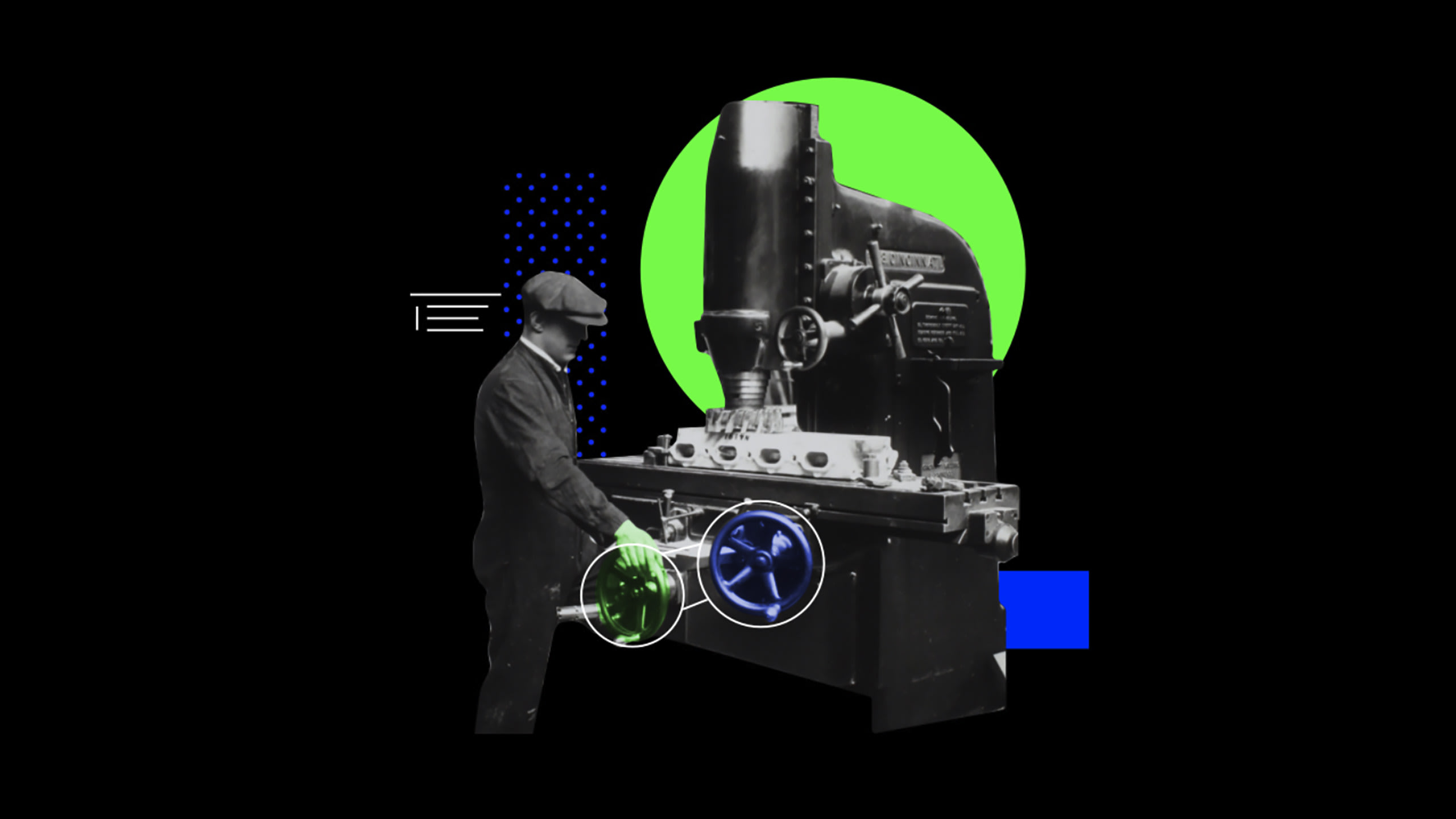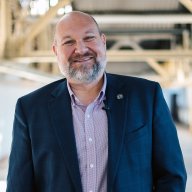
Tips for presenting at developer conferences from an engineer who once feared public speaking
Conferences, be they virtual or in-person, are a great way to make connections within the developer community. They can also be an excellent opportunity to share your knowledge and advance your career. I had the chance to speak with Santosh Yadav, a senior software engineer at Celonis, about his experience as a conference speaker and what advice he’d give to other engineers who want to give it a go.
How did you get started speaking at tech conferences?
Yadav spoke at his first tech event in 2019, but his journey to public speaking started long before that and wasn’t always easy.
“Believe me, during my education, during my college, I was scared to actually speak in front of people,“ he told me. “I probably would have fainted if I tried to do that, so it was something, which I avoided for a long time.”
In 2013, Yadav was working as a developer for a startup in Mumbai and eventually became a team lead. He was looking for a way to help his team learn and level up their professional skills, so he started conducting small, informal training sessions. “That actually gave me some confidence that I can speak in front of people,” said Yadav.
Eventually, he moved to Pune and started working with Angular. All the while, continuing to put himself in front of groups. He expanded beyond teaching only co-workers to teaching in-person classes on Angular for a local institution. As part of the Angular community, he also began holding his own meetups for other developers. Each of these experiences helped him feel more comfortable presenting to groups. In 2019, he took the plunge and applied to speak at his first developer conference.
"I just saw a tweet on Twitter, that organizer of ngSrilanka is looking for speakers," he told me. "I was of course nearby, I was in India, so I just contacted them…and they accepted."
He’s never looked back.
Read: Four tips for starting a successful tech podcast from a senior engineer and developer
How can devs find conferences to speak at?
"You have to keep and watch on the CFPs," he said. Yadav told me that many conferences has a call for papers (CFP) or a call for speakers (CFS). He suggests watching their website and social media accounts for the CFP or CFS and applying once they are released.
Yadav also stressed that it's important to ensure your submission matches the conference's subject matter and not to get discouraged if you first submission isn't accepted. It may take a few tries before you get your first speaker slot. And of course you should apply to events that fit your area of expertise.
What three pieces of advice would you give developers who want to speak at tech conferences?
Given his progression from an apprehensive public speaker to a confident conference presenter, I asked Yadav what three pieces of advice he’d share with engineers, developers or anyone who wants to get better at speaking in front of people and perhaps eventually hosting a conference session. Here’s what he said:
1. Don’t worry about being bad your first time out.
“I still remember my first talk, in front of 300 people, and I was literally out of breath, because I was running on the stage,” Yadav said. Practice is how you improve, so don’t be scared of not being great your first time speaking to an audience.
2. Know your material.
“Know your content,” Yadav told me. “Because once you are on stage and [if] you don't know your content, it may [backfire].” He recommends taking plenty of time to rehearse. “Go through your content as many times as you can,” he said. Yadav also suggests paying close attention to the audience during your presentation. Which parts did people respond positively to? Which did they seem less interested in? Ask yourself these questions and adjust your material if necessary.
3. Focus on delivering value to your audience.
Yadav suggested that speakers always ask themselves, “What value am I bringing to the audience with my presentation?” If you don’t know the value of your material, it’s difficult to convince your audience that it’s worth their time to attend your talk.
Read: Extensible dev tools and a monorepo help Celonis build next-generation process mining software
Celonis Excellence in Engineering
Celonis software engineer shares secrets of building enterprise apps with consumer scale
Engineering enterprise apps that become essential tools for every user
To learn more about how we’re pioneering advances in AI, machine learning, automation, analytics and data mining, and to see current engineering job openings, visit Celonis Engineering Jobs.



